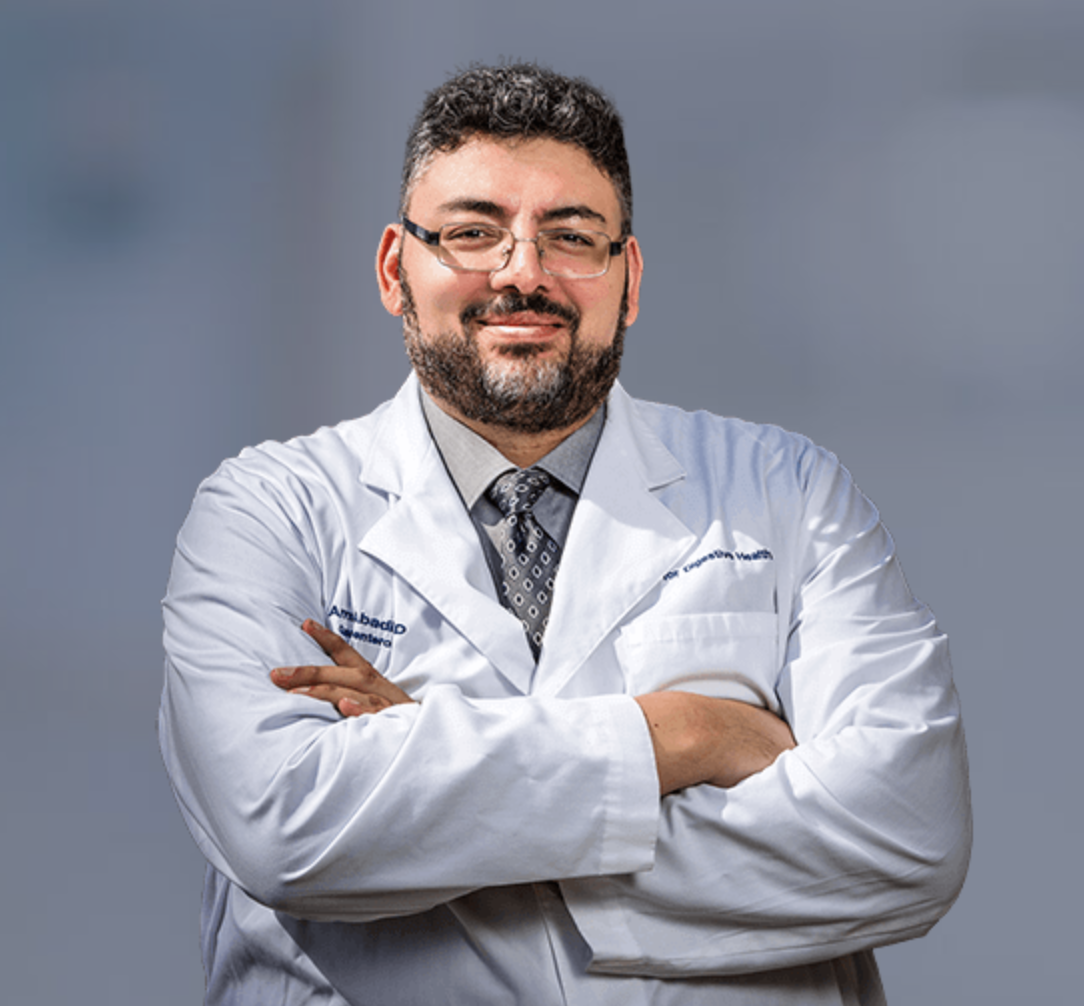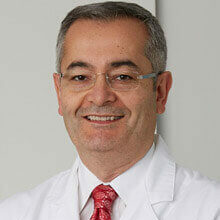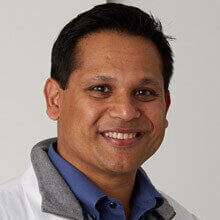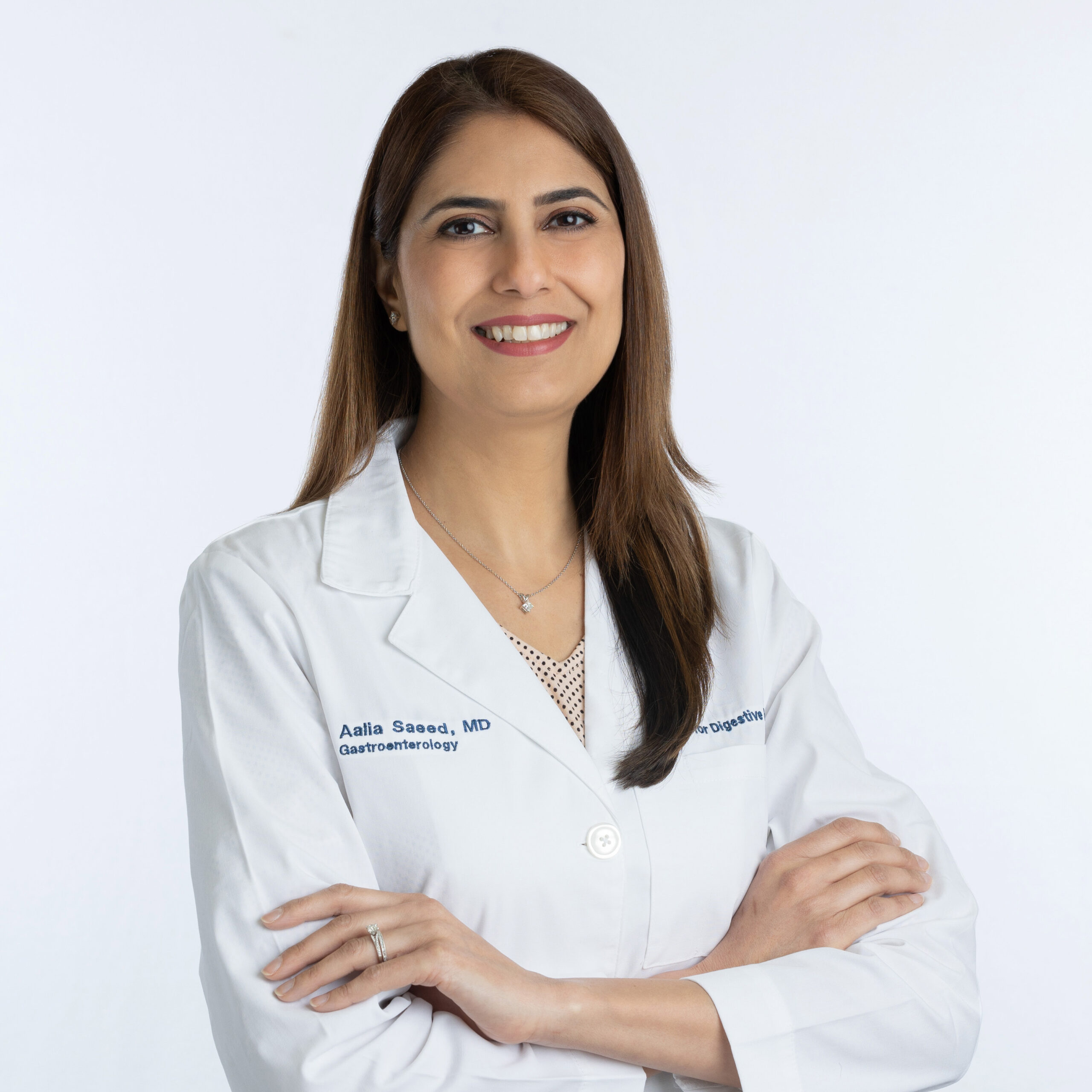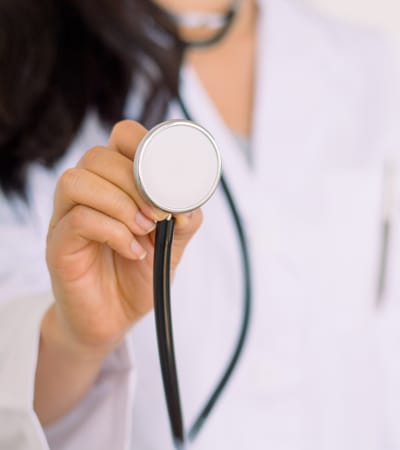Overview
Pancreatitis is inflammation of the pancreas, a large gland behind the stomach. Normally, enzymes released by the pancreas become active when they reach the small intestine, but when the pancreas is inflamed, the enzymes inside the pancreas attack and damage the tissues that produce them.
Pancreatitis is serious and can lead to complications.
Acute pancreatitis usually requires hospitalization, and will resolve in a few days with treatment. Patients will be advised not to smoke, drink alcohol, or eat fatty foods. Sometimes more tests are needed to determine the cause of pancreatitis.
If narrowing of the pancreatic or bile ducts is suspected, a specialized technique called endoscopic retrograde cholangiopancreatography (ERCP) is used to view and inspect the pancreas, gallbladder, and bile ducts.
Applicable Procedures
What causes pancreatitis?
Medications, alcohol abuse, abdominal surgery, cystic fibrosis, obesity, high blood triglycerides, gallstones, infection, abdominal injury, high calcium levels in the blood, and pancreatic cancer can all lead to pancreatitis. In general, heavy alcohol use, cigarette smoking, obesity, and family history can increase your risk of pancreatitis.
What are the dangers of pancreatitis?
Pancreatitis can lead to a range of complications. It may cause malnutrition and weight loss, and it can increase your risk of diabetes if it damages the cells that produce insulin. Other problems associated with pancreatitis include kidney failure, as well as breathing problems and dangerously low oxygen levels. Pancreatitis can also cause a pseudocyst to form, which can lead to internal bleeding and infection if it ruptures. Infection from pancreatitis is serious and may require surgery. Chronic pancreatitis leads to long term inflammation, which increases the risk of pancreatic cancer.
How is pancreatitis treated?
If you have ongoing abdominal pain, it is important to contact your doctor to determine if you need treatment for pancreatitis. If pain is so severe that you cannot get comfortable, you should seek immediate medical care. Initial treatment in the hospital will likely involve fasting to allow your pancreas to recover. After it has begun to heal, you can consume clear liquids and bland foods and then slowly return to your normal diet. A feeding tube may be necessary if you have continued pain with eating. You will also probably take pain medications and receive intravenous fluids while recovering in the hospital. After symptoms are under control, your medical team will treat the underlying cause of pancreatitis, by removing bile duct blockages, removing the gallbladder, or draining fluid from the pancreas. If your pancreatitis is linked to alcohol abuse, treatment for alcoholism may be warranted.
Common Symptoms
- “I started to experience stomach pain right after eating, and my belly was tender to the touch. The pain was pretty severe and radiated to my back.”
- “I had upper abdominal pain, as well as a fever accompanied by nausea and vomiting.”
- “I had ongoing stomach pain, and I was losing weight without dieting. It turns out that I had chronic pancreatitis.”



